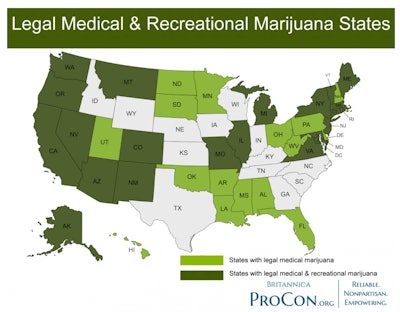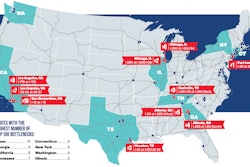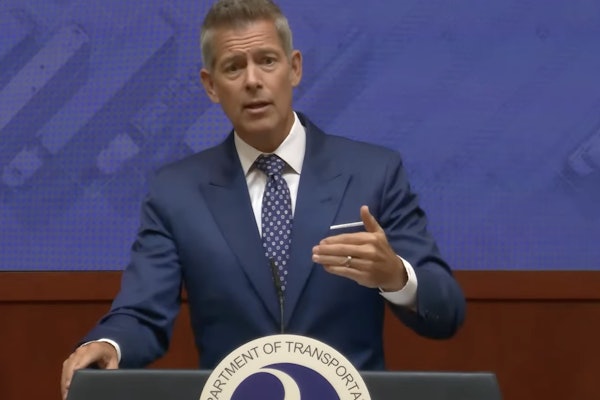
The American Transportation Research Institute today said it has launched a survey seeking motor carrier input on the impact of marijuana legalization on the trucking industry’s workforce. This research was identified as a top priority in 2022 by ATRI’s Research Advisory Committee and will expand on ATRI’s 2019 study on the impacts of marijuana legalization on roadway safety.
Motor carrier staff and executives familiar with driver recruitment, retention, and drug testing practices and trends are asked to share their input through the online survey. ATRI said this research will provide insight into the specific challenges motor carriers face as the use of recreational marijuana grows in the U.S. The findings should also provide insight into approaches the industry can take to address these challenges.
ATRI's survey comes on the heels of new data showing nearly 41,000 truck drivers tested positive for marijuana in 2022, a 32% increase over 2021, according to information from the Federal Motor Carrier Safety Administration’s Drug & Alcohol Clearinghouse.
The new report shows more than 100,000 truck drivers have tested positive for marijuana since FMCSA opened the clearinghouse in 2020. Truck drivers who test positive for marijuana — and other drugs — are prohibited from driving, and must enter a “return-to-work” process and retest to get back behind the wheel.
“States are moving quickly to legalize recreational marijuana use,” said Fred Fakkema, vice president of Safety and Compliance at Zonar Systems and chairman of the American Trucking Associations' Law Enforcement Advisory Board. “This rapid change directly impacts fleets and their workforce; ATRI’s research will help quantify those impacts.”
Recreational use of marijuana is legal in 21 states, Washington, D.C., and Guam. Marijuana for medical purposes is legal in 38 states. However, marijuana use is still banned for those holding a CDL.
ATRI’s confidential survey is available online here and will remain open through March 17.









